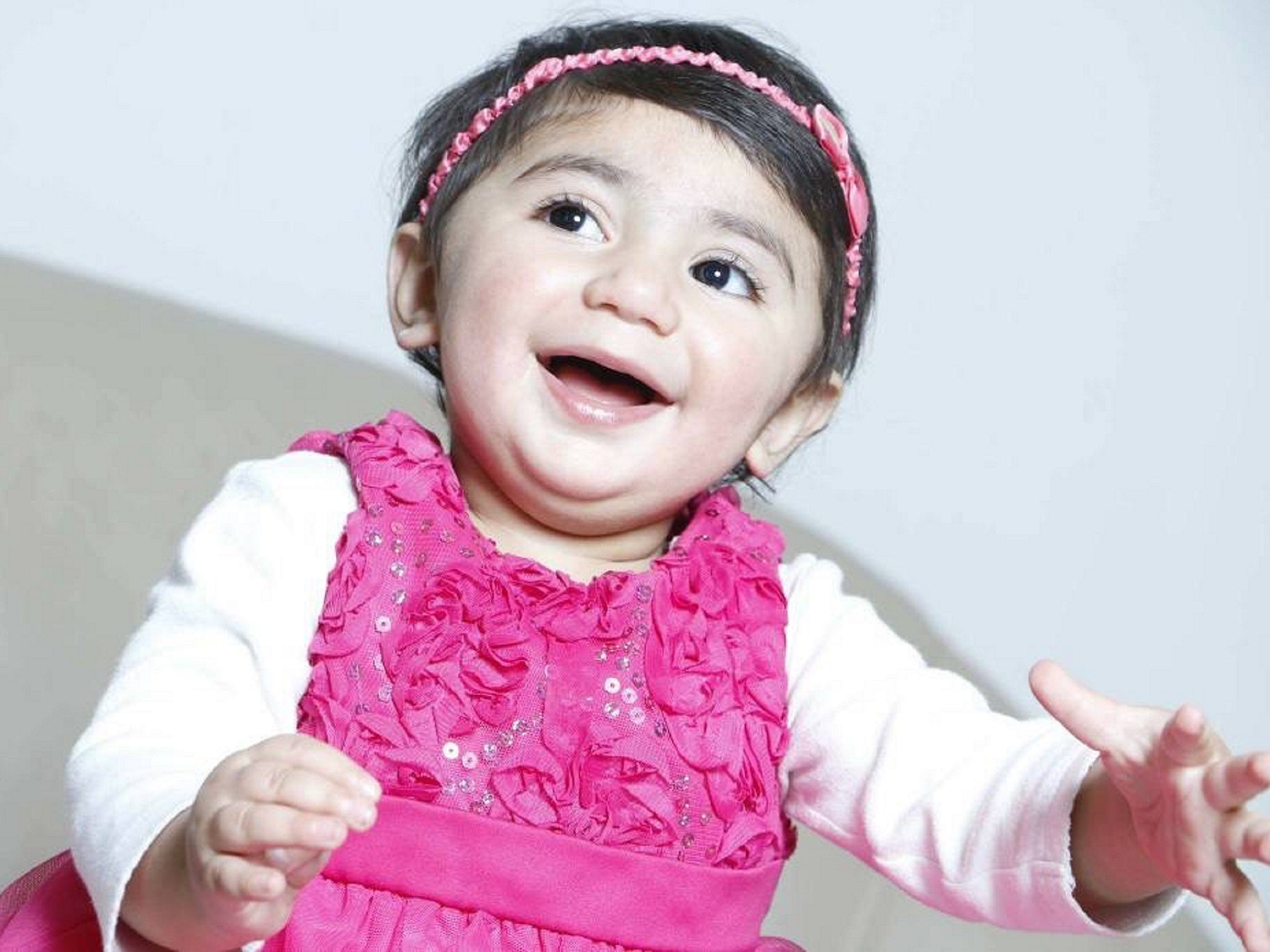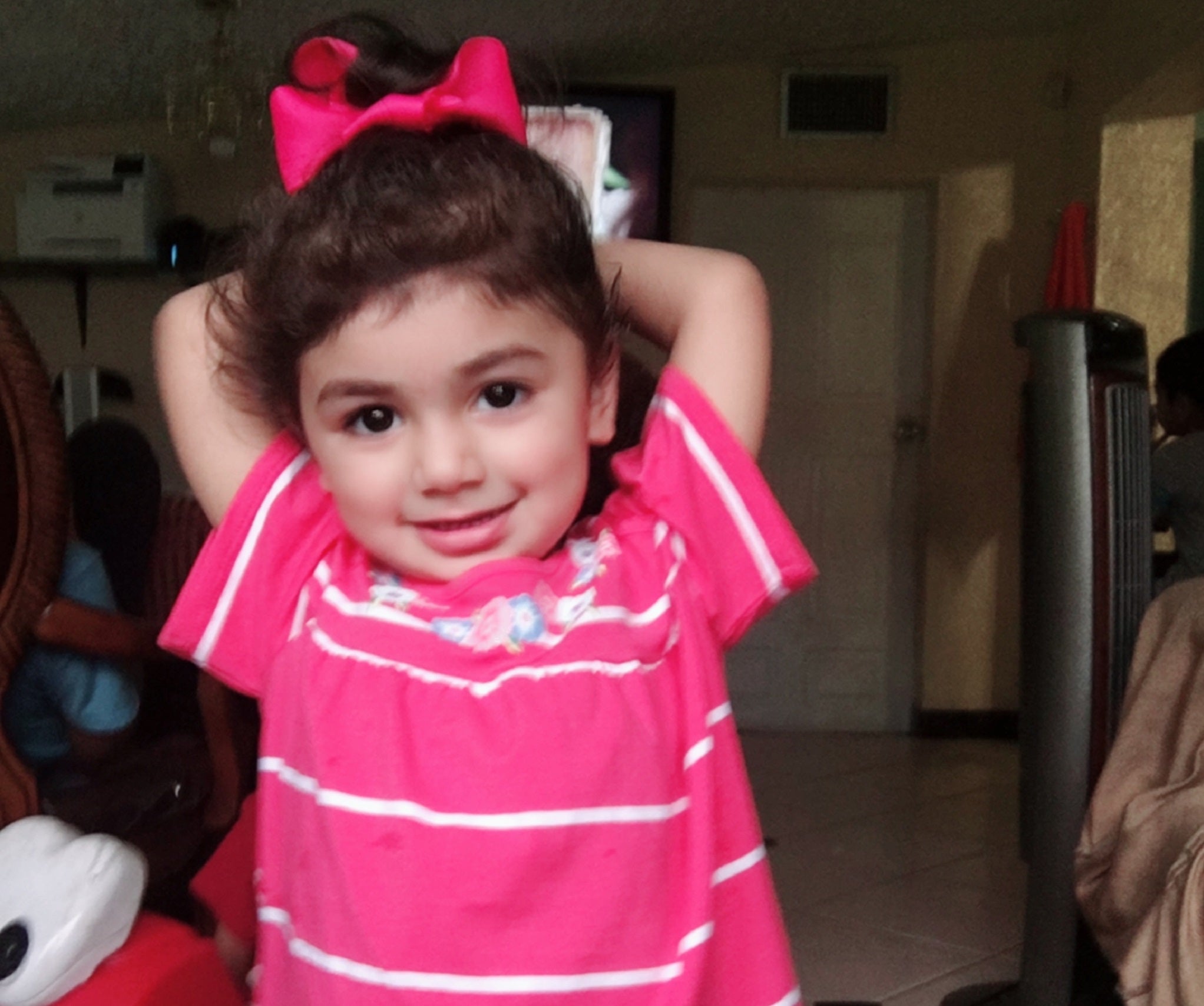Zainab Mughal: Worldwide search for planet's rarest blood type for 2-year-old who needs donor of Pakistani, Indian or Iranian
'My daughter’s life very much depends on the blood. It’s a humble request, and I request it from my heart, so please donate blood for my daughter.'
Your support helps us to tell the story
From reproductive rights to climate change to Big Tech, The Independent is on the ground when the story is developing. Whether it's investigating the financials of Elon Musk's pro-Trump PAC or producing our latest documentary, 'The A Word', which shines a light on the American women fighting for reproductive rights, we know how important it is to parse out the facts from the messaging.
At such a critical moment in US history, we need reporters on the ground. Your donation allows us to keep sending journalists to speak to both sides of the story.
The Independent is trusted by Americans across the entire political spectrum. And unlike many other quality news outlets, we choose not to lock Americans out of our reporting and analysis with paywalls. We believe quality journalism should be available to everyone, paid for by those who can afford it.
Your support makes all the difference.The parents of a toddler with an aggressive cancer have launched a worldwide search to find some of the rarest blood on the planet.
Two-year-old Zainab Mughal, from Tallahassee, in Florida, was recently diagnosed with high-risk neuroblastoma.
She needs ongoing blood transfusions to help fight the disease – but her blood is so rare that only three matching donors have so far been found, including one in England.
What makes Zainab’s blood different is that it is missing a common antigen, called ‘Indian B’, which most people carry in their blood cells.
This means a donor must also be missing the Indian B antigen to be a potential match for the little girl, otherwise her body will reject the blood.
The only people likely to be a match for Zainab are those whose blood type is ‘O’ or ‘A’ – and whose parents are both 100 per cent Pakistani, Indian or Iranian.
Of these, less than 4 per cent will actually be missing the Indian B antigen.
Zainab’s parents and family members have had their blood tested but sadly none are compatible.
Her father, Raheel Mughal, said: “She was first diagnosed about two months ago but this thing was growing in her stomach for almost 10 months.
“We were all crying; this was the worst thing we were expecting.”

“They found out that she had a very rare blood type,” he added.
“That’s when it became more of an alert, but luckily thank God they have found a few donors so so far she has been going through her normal treatment.
“We will definitely need more blood.
“My daughter’s life very much depends on the blood. It’s a humble request, and I request it from my heart, so please donate blood for my daughter.”
Not-for-profit organisation OneBlood has been working closely with Zainab’s family, other blood centres and the American Rare Donor Program (ARDP) to help find a match.
So far three matching donors have been found, including one ARDP tracked down near London and two from the United States.
It marks the first time OneBlood has ever received an international donor for a local patient.

To support her long-term blood needs, Zainab’s family need to find between seven to 10 compatible donors.
So far, more than 1,000 local donations, as well as donations from other parts of the country, have been tested but sadly no additional matches have been found.
Anyone who thinks they could be a match for Zainab or wants to help is urged to visit www.oneblood.org/zainab
Neuroblastoma is a rare type of cancer that mostly affects babies and young children, according to the NHS.
It develops from specialised nerve cells, known as neuroblasts, left behind from a baby’s development in the womb.
The cancer most commonly occurs in one of the adrenal glands situated above the kidneys, or in the nerve tissue that runs alongside the spinal cord in the neck, chest, tummy or pelvis.
It can spread to other organs such as the bone marrow, bone, lymph nodes, liver and skin.
It affects around 100 children each year in the UK and is most common in children under the age of five.
The cause of neuroblastoma is unknown.

Join our commenting forum
Join thought-provoking conversations, follow other Independent readers and see their replies
Comments